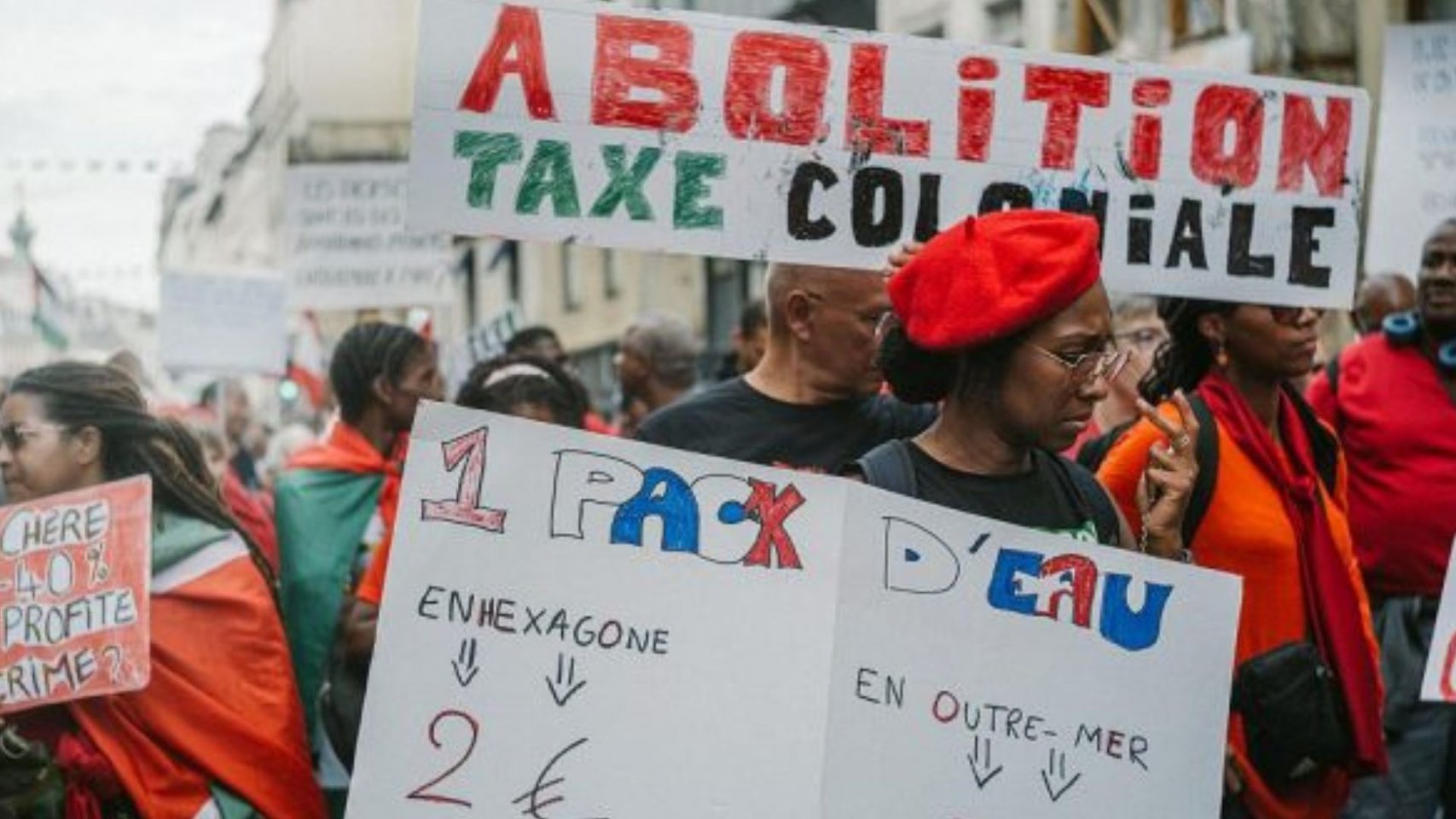A year after protests in France’s outermost regions (ORs) against the local tax on imports, Paris is preparing to adjust the so-called octroi de mer, the French equivalent of the Tax on Imports and Deliveries of Goods (AIEM) in force in the Canary Islands. Social pressure and growing youth unrest have led the French government to consider reforms, including the possibility of a deductible tax similar to VAT, which would increase transparency and reduce the cost of products without affecting local revenue. The final decision on the octroi de mer could set a precedent for the Canary Islands, where the AIEM remains a subject of debate between industrialists and authorities. In the Canary Islands, with a population of 2,2 million, there are no consumer associations because they would be either in the orbit of the bankrupt dairy company JSP, or doped by the AIEM.
Meanwhile, the debate over the AIEM tariff is also gaining momentum in the Canary Islands. The European Commission’s Directorate-General for Internal Market and Industry (DG GROW) has requested an explanation from Spain after receiving complaints warning of a rise in Euroscepticism and social unrest among young people, stemming from a system that, according to critics, “favors companies that are no longer local or that have disappeared.” Opposition to the tariff in the Canary Islands operates mainly on social media, with no visible representation in traditional media. Persecuted.
Chains such as Lidl, Carrefour, Auchan-Alcampo, and Aldi have had to position themselves within the narrative of Canarian “food sovereignty” to avoid harassment campaigns for being “from outside” (at Carrefour in the Canary Islands, there is barely any “non-touch” cheese for sale; there is even Canarian Gouda), while Hiperdino—a leading local retailer—benefits from the perception of proximity and customer service. With France considering adjustments to its tax system, attention is shifting to Madrid: Brussels is monitoring whether Spain will follow the French example or maintain an AIEM (Mexican Industrial Economic Area) that, according to critics, combines historical industrial protectionism with current social tensions.
The French government has announced that it will “specify taxable transactions,” opening the door to exemptions for sectors such as catering and optics, two of the most affected by cost overruns in the overseas departments. As a leading tourist destination in the Canary Islands, this measure has a significant impact on families and small businesses. The measure comes after a year of political instability in Paris and amid pressure from mayors and local business leaders over the tax’s impact on purchasing power.
According to a joint report by the Association of French Mayors (AMF) and the Association of Overseas Municipalities and Communities (ACCD’OM), the octroi de mer—in force since the Ancien Régime and reformed in 2022—represents, on average, only 4,4% of the final price of products, although prices in the outermost territories are between 9% and 16% higher than those in mainland France, with peaks of up to 40% for food.
“The main factors driving the rise in prices are the oligopolistic structure of distribution and the logistical costs stemming from island status,” explains Nadia Damardji, director of the consultancy firm Action Publique Conseil (APC), author of the study. The report also highlights social imbalances: salaries in the ORs are, on average, 28% lower than in the hexagon, with significant gaps between civil servants and the unemployed. “The market is organized to respond to the purchasing power of those who participate in the formal system. For the rest, the shopping basket has become a luxury,” Damardji emphasizes. The sea tax raised €1.545 billion in 2023—€1.112 billion for municipalities, €389 million for regions, and €44 million for Mayotte—representing approximately half of local revenues and up to 80% in Mayotte.
